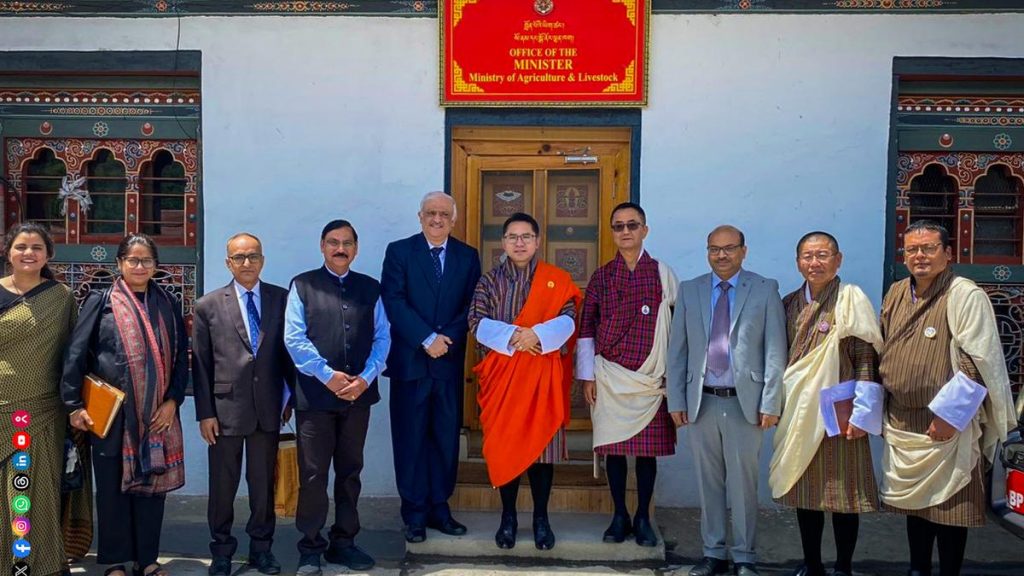Now Reading: Maharashtra Mulls Longer Work Hours for Private Sector
-
01
Maharashtra Mulls Longer Work Hours for Private Sector
Maharashtra Mulls Longer Work Hours for Private Sector

Quick Summary
- Maharashtra government is considering extending maximum daily working hours for private sector employees from 9 to 10 hours.
- The proposal requires amendments to the maharashtra Shops and Establishments (Regulation of Employment and Conditions of Service) Act,2017.
- Key changes under review include:
– Increasing permissible overtime from 125 to 144 hours within three months.
– Introducing mandatory breaks during work shifts.
– Allowing women employees to work late shifts upon finalisation of new labor codes, aimed at boosting employment opportunities for women.
- Coverage under the law might be expanded to establishments with up to 20 workers (currently limited to those with up to ten employees).
- Labour Minister Akash Fundkar stated that discussions are in preliminary stages, stressing no final decision has been made yet.
Read More: Economic Times Article
Indian Opinion Analysis
The proposed changes reflect an effort by policymakers in Maharashtra to modernize labour laws and align them with global standards while addressing workplace adaptability needs. Extending daily working hours raises complex implications for employee well-being, productivity, and fair compensation structures, especially as private sector workers already face challenges like unpaid overtime. Additionally, measures like mandatory breaks could partially alleviate potential physical and mental strain caused by extended work durations.
expanding legal protections for smaller establishments casts a wider safety net but may increase compliance costs for small business owners. Meanwhile, permitting late-night shifts for women signals progressive intent toward gender inclusivity in employment but necessitates robust safeguards against potential risks.The deliberative approach highlighted-given the ongoing discussions-is critical in ensuring any reform balances economic objectives with social equity considerations. This issue demands careful calibration as it will affect millions of workers across Maharashtra directly or indirectly.
























